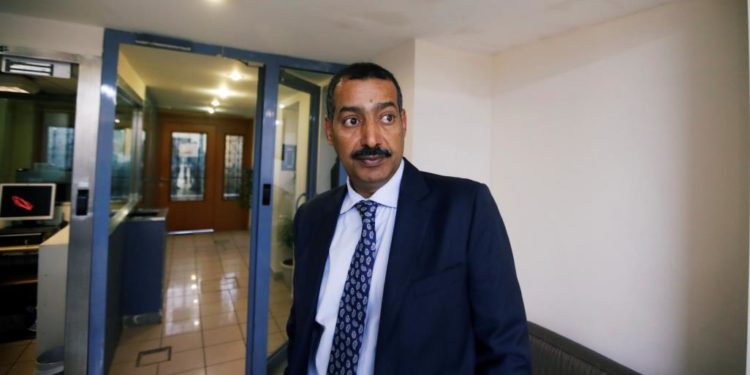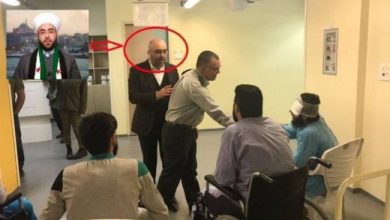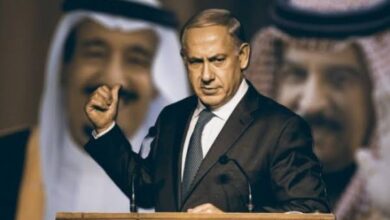American sanctions against Saudi official

On World Human Rights Day, the US Department of State imposed sanctions on a member of the Saud regime for alleged serious human rights violations.
Al-Otaibi was the consul general in Turkey during the killing of the Saudi journalist, Jamal Khashoggi, inside the consulate building on October 2, 2018, by a number of Saudi intelligence officers.
Sanctions imposed by Washington, a former Saudi diplomat and all members of his close family, will prevent them from entering the United States of America.
The State Department stated in an official statement that the sanctions included Muhammad al-Otaibi, the former Saudi consul in Istanbul, for his involvement in the murder of his journalist Jamal Khashoggi at his country’s consulate in Istanbul in early October 2018.
The State Department statement described the crime as hideous and called for those responsible to be held accountable.
In November 2018, the US Treasury imposed sanctions on Al-Otaibi, in addition to 16 Saudis who had a role in the Khashoggi killing.
The Ministry of the Treasury said at the time that “the Saudis who had been subjected to sanctions were involved in the heinous killing of Jamal Khashoggi and should bear the burden of their actions.”
The statement stressed that imposing sanctions on Al-Otaibi on this day comes in conjunction with the International Day for Human Rights, as combating human rights violations is among the highest priorities of the United States.
On October 2, 2018, Khashoggi was killed inside his country’s consulate in Istanbul, and the case has become among the most prominent and widely discussed on the international agenda since then.
After 18 days of denial, during which Riyadh provided conflicting explanations for the incident, the kingdom announced the death of Khashoggi after a “fight” with Saudi people, and the arrest of 18 citizens as part of the investigations, without revealing the location of the body.
The CIA and Western governments said they believed that Crown Prince Muhammad bin Salman ordered the killing of Khashoggi.
Bin Salman denied this, but said he bore the ultimate responsibility for the Khashoggi killing, as he was the de facto ruler of the country.
A few days ago, a special UN investigator said that the world had not done enough for retribution in the case of the murder of Saudi journalist Jamal Khashoggi.
Agnes Calamard, the United Nations rapporteur on extrajudicial executions, has urged the European Union and the United States to replace more about the killing of Khashoggi at the Saudi consulate in Istanbul in 2018.
“I think it is important to recognize that the international community has failed in its duty to ensure that there is no possible immunity or exemption from punishment for the killing of Jamal Khashoggi,” she told reporters in Brussels.
Calamard is seeking an international criminal investigation rather than a Saudi trial, but Riyadh has refused her request.





